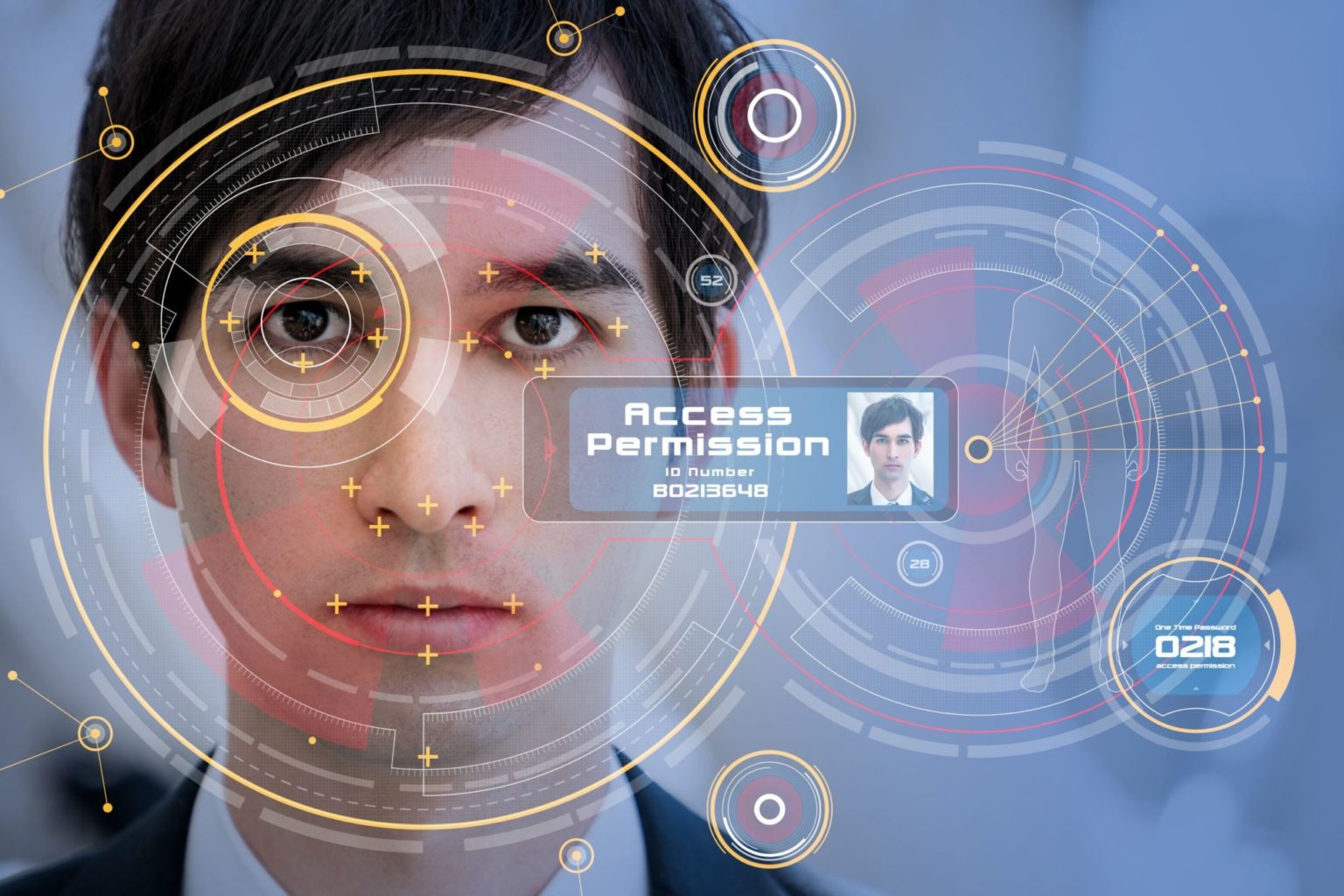Interphone enhances door entry and access control with touchless solutions


James Thorpe
Share this content
Interphone, the security systems and building technology integrator, is embracing the latest iris and facial recognition technology to meet the growing demand for touchless door entry and access control. The company has launched a range of advanced and affordable solutions available for any new build or retrofit building requirement in the commercial residential marketplace.
“The COVID pandemic has placed hygiene, infection control and risk mitigation under the spotlight like never before, which is having a significant impact on how access control and door entry systems are approached,” explains Julian Synett, CEO of Interphone Limited. “Managing agents can help meet their duty of care to residents, staff and other visitors by opting for iris or facial recognition technology that lessens the spread of germs through the removal of access touchpoints, while enhancing building security.”
Interphone is taking advantage of the latest touchless innovations to introduce affordable retrofit solutions that are compatible with most existing access control and door entry systems. This means it is possible to use much of the existing infrastructure that is already in place within a building to incorporate high performance iris and facial recognition technology, without the costly installation associated with previous solutions.
The iris and facial recognition door entry systems use unique data taken from the physical characteristics of a person, which cannot be shared or transferred to anyone else. Advances in AI technology also mean these solutions can identify faces in a matter of milliseconds, even from different angles, in lowlight at night, with various facial expressions or even when someone is wearing a mask. This makes it highly secure and simple to manage, with appropriate access quickly added or removed electronically to minimise the risk of unauthorised admittance.
“Over the past year, managing agents have had to re-evaluate how they manage access to properties. While everything is beginning to return to normal, the pandemic will result in some permanent changes to how we view and deal with hygiene and infection control alongside security. As such, we expect to see increasing interest in touchless alternatives that will shape door entry and access control moving forward,” concludes Synett.



